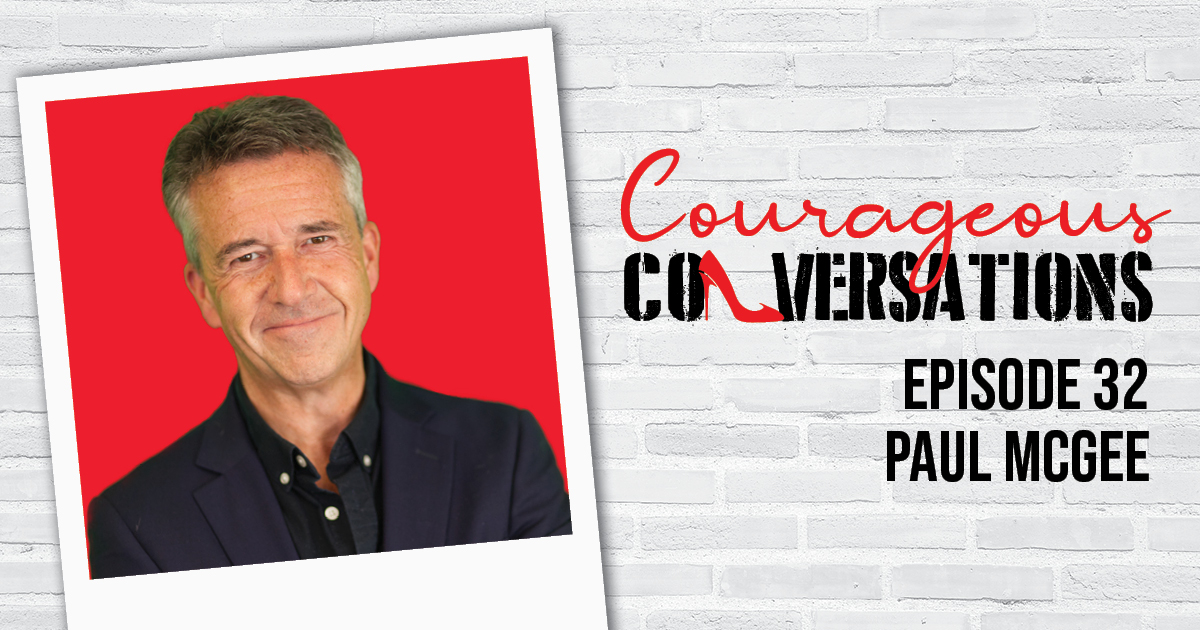
Welcome to Episode 32 of our podcast, Courageous Conversations, hosted by Leanne Pilkington.
In this episode, we hear from Paul McGee (A.K.A. The S.U.M.O. Guy), motivational speaker, conference facilitator and author of the best-selling book, S.U.M.O. He talks about how he become a professional speaker, passing on the S.U.M.O. message to schools and youths, the current mental health crisis, his own personal and challenging conversations with himself, and his advice for overcoming self-doubt and the negative voice in your head.
Don’t forget to subscribe to the podcast via Apple Podcasts, Stitcher or Spotify.
00:30 – About Paul McGee AKA The S.U.M.O. Guy
02:45 – Dale Carnegie and speaking; how this changed his life upon realising his talent
03:50 – Joining the Professional Speakers Association
05:50 – Communication S.U.M.O. as (Stop, Understand, Move On)
06:30 – S.U.M.O. for Schools Foundation and writing a S.U.M.O. book for youth
07:30 – Discussing today’s mental health crisis at the peak of social media culture
08:30 – Reflecting on the impact of this feedback: “Well, Paul…you may well have just saved my life.”
10:30 – Career track; application and how he found confidence
12:30 “You don’t live in an ideal world.”
13:30 – The conversations with himself when it comes to health and exercise
14:00 – Self-doubt from his injury; the conversations with yourself that are negative after an incident like this
16:00 – “The most important person you talk to is yourself.”
17:00 – Who’s in charge? The thinker or the thoughts?
19:00 – If we don’t feel acknowledged or understood…people don’t necessarily need a solution. They want validation.
20:00 – S.U.M.O. as a mindfulness habit.
21:00 – ‘It’s Not About the Nail’
22:00 – Tips for having courageous conversations with yourself
23:00 – KFD: K = what do I need them to KNOW, F = how do I want them to FEEL, D – what are we doing to DO
25:00 – Begin with the end in mind; be a good listener
28:00 – We think four times faster than when we speak. Listening isn’t a natural thing; it has to be intentional.
